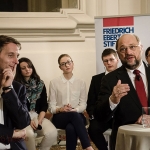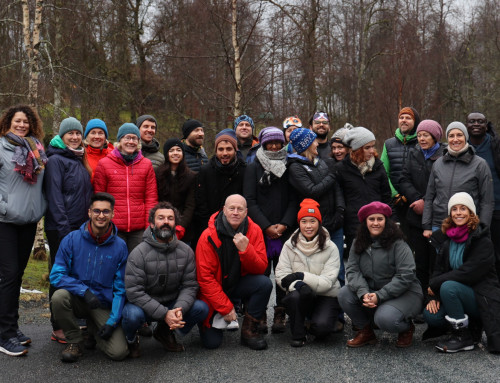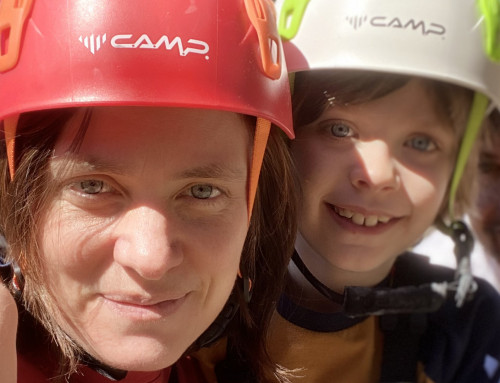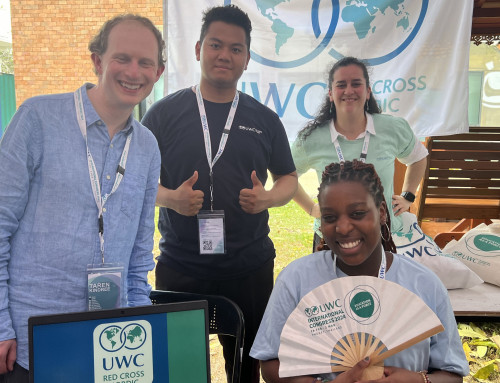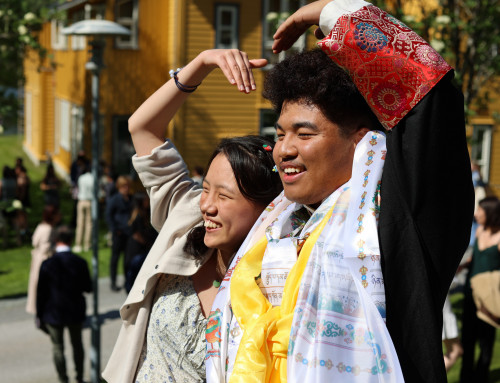Second year student Lina Sadovskaja from Lithuania entered a competition sponsored by the Friedrich Ebert Foundation. The competition required that participants submit a text, video, audio clip or image on the theme of Europe in 2030. Lina submitted the New Year address from the President of the European Parliament in the year 2030 and hers was one of the winning entries. The prize for the selected winners was a trip to Rome to attend workshops and panel discussions. This is her report:
Having submitted an essay, and then being selected as one of the successful participants in the “Your Vision, Your Future, Your Europe” competition, I was invited by the Friedrich Ebert Foundation, along with the other prizewinners from across Europe, to join their ‘Youth Election Arena’ panel with the President of the European Parliament, Martin Schulz. As the event was being held in Rome, and I had never been there before, I was filled with excitement.
Prior to my departure I had a sit-down with Economics teacher, Rudy Herrera Marmol to broaden my understanding of the financial aspects of EU politics. My deepened understanding proved to be of great help in Rome, where we were first asked to prepare questions about the future of Europe in a workshop. Ultimately, my question was phrased like this:
“With the possibility of another Eurozone crisis in the coming 10 years, the measures taken – that is the Banking Union’s anti-crisis insurance along with crisis loans from particular governments – will barely be enough to bail out one or perhaps two moderately-sized banks. As we are obviously not ready for another crisis, what measures will be taken to prepare an effective response?”
Much to my surprise the event was given a lot of media attention; as it was being covered by several news stations from various countries it was hard not to be nervous. Mr. Schulz very humbly took more time than he was given to thoroughly discuss every single one of our questions. I was very impressed by his professionalism and frankness as, for example, in one of his answers, without hesitation he admitted that English had to be the lingua franca of the Union.
The following day some of us participants were invited to attend the Election Congress of the Party of European Socialists. Without having any specific allegiance to the party, I was still happy to experience my very first political congress. This was certainly the highlight of Martin Schulz’s presence in Rome as he was to be formally elected the PES candidate for the European Commission Presidency.
I would like to thank the Friedrich Ebert Stiftung for this tremendous opportunity.
Lina Sadovskaja (Lithuania)


